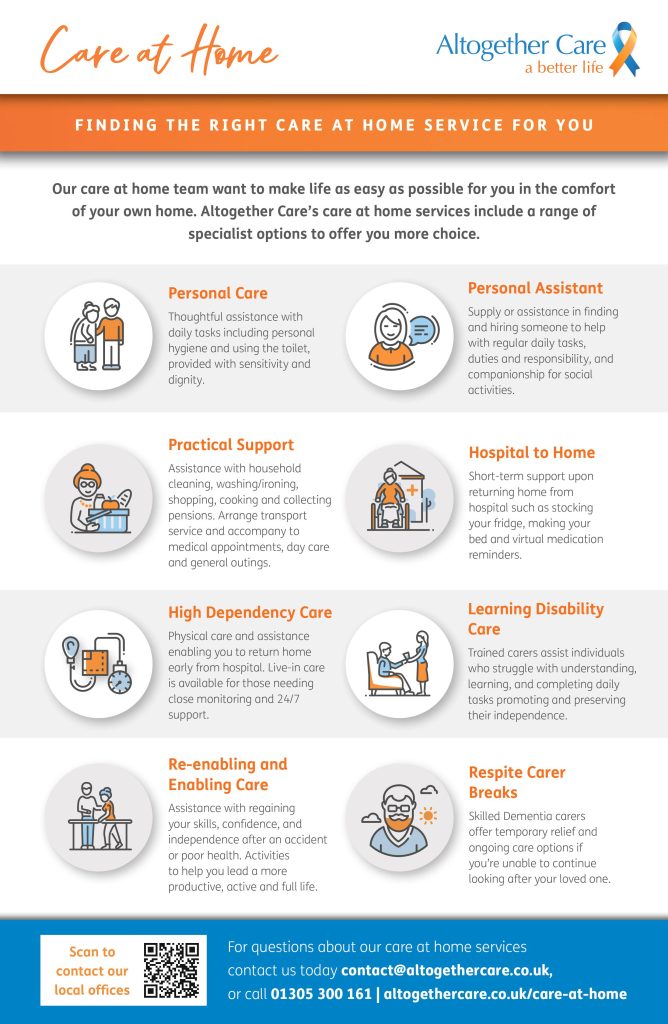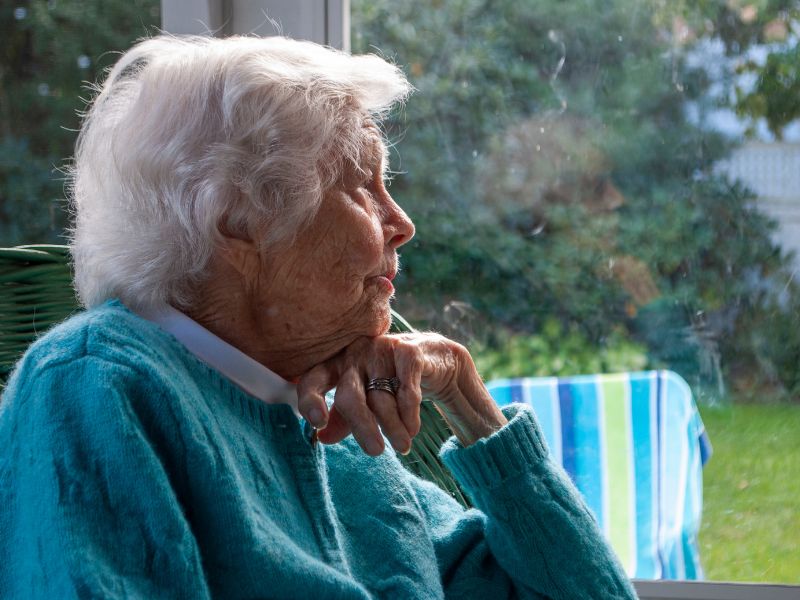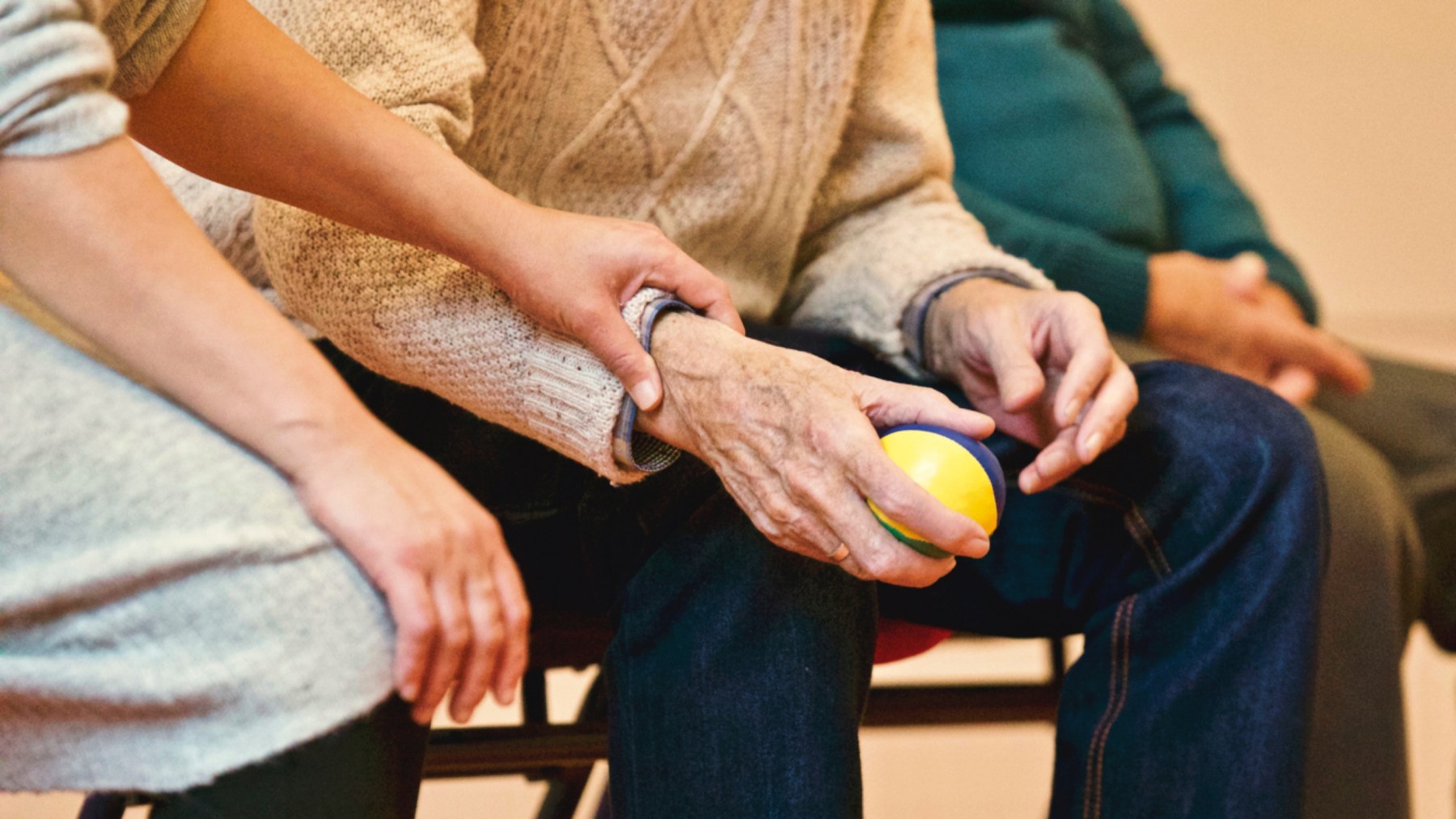As you get older it’s likely that you’ll need
some kind of care or assistance with everyday life. This might be long-term or
for a brief period to help you recover from illness or a fall. For many people
it’s important to remain living in their own home for as long as possible while
they receive the care they need.
Home, or domiciliary care can be less
expensive than residential care. It also means you can stay in familiar
surroundings and remain connected to friends, family and social activities.
There are many options available for the care
you can receive in your own home. These range from simple tasks such as picking
up prescriptions, shopping and preparing meals, through to nursing care and
medication. Some people want help with getting out of bed, washing and dressing
and some just want help getting out of the house to meet friends.
Visits from your carer could be a few times a
week, once a day or several times a day depending on your needs. The Care at
Home service offered by Altogether Care is built entirely around the help you
need.
24/7
Care
It’s also possible to arrange around the clock
care in your own home by opting for live-in care.
This can be particularly helpful in the case
of Alzheimer’s and dementia care, where memory becomes an issue and having a
familiar carer on hand can be helpful. But many people just like the
reassurance and value the friendship and personal bond they form with a live-in
carer.
Live-in care helps people maintain a degree of independence. Staying in familiar surroundings can be particularly important for the wellbeing of some people. Keeping pets, for example, is often important and not usually possible in residential care. The live-in carer can make sure that both pet and owner are well looked after.
Depending on your needs and circumstances,
residential care could still be your best option. But it’s far from your only
choice if staying in your own home is important.



 Loneliness is definitely something that many people experience in later life. Perhaps a partner has passed away and other family members live too far away to visit often. Reduced mobility can also make it harder to get out and meet people and socialise.
Loneliness is definitely something that many people experience in later life. Perhaps a partner has passed away and other family members live too far away to visit often. Reduced mobility can also make it harder to get out and meet people and socialise. The Marmalade Trust defines loneliness as a mismatch between the level of social contact we have and the level we’d like to have. There’s a strong personal element as some people need company more than others.
The Marmalade Trust defines loneliness as a mismatch between the level of social contact we have and the level we’d like to have. There’s a strong personal element as some people need company more than others.








